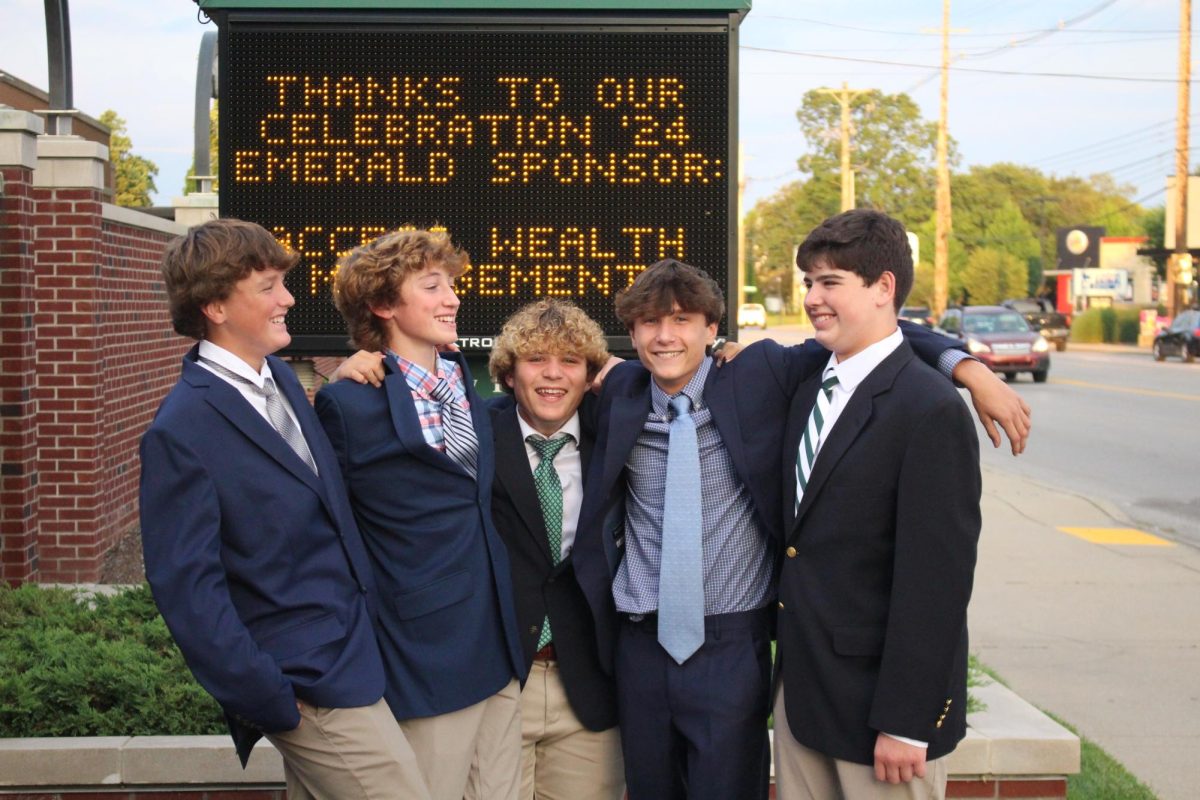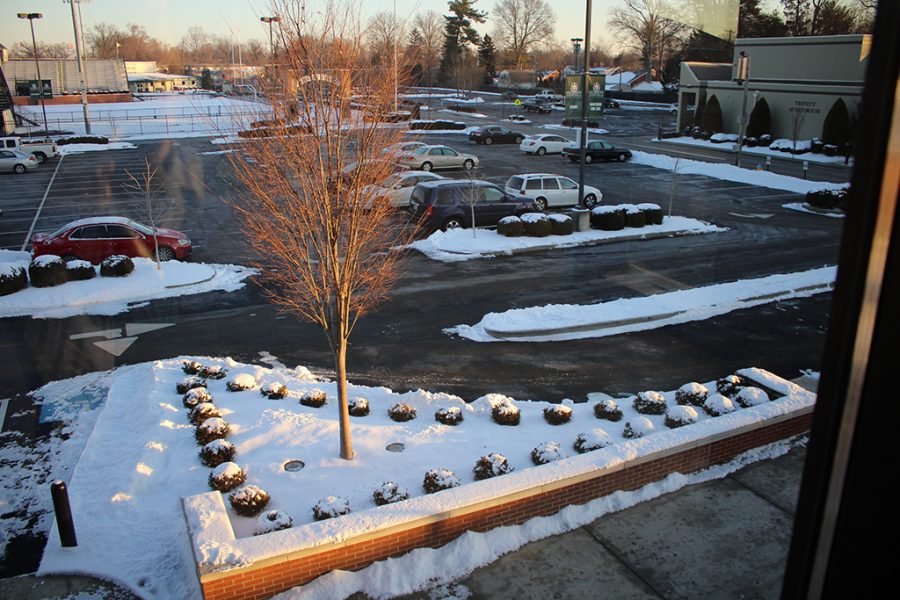Twenty-eight people were gunned down at Sandy Hook Elementary School in Newtown, Conn., on Dec. 14, 2012. Twenty of these victims were children. This shooting re-ignited the smoldering debate over gun control in America. This powder keg has grown as debates have continued. Many people care a great deal about this issue, so many have specific opinions about firearms in America. Legislation in the works now revolves around universal background checks, assault weapons, and high-capacity magazines. A universal background check would be used to ensure that only people with the legal right to buy guns can buy them. Gun control activists believe that mental health is a big issue, while those opposed to control see an attempt to limit the spread of firearms. High-capacity magazines are often a subject of debate because they have been used in several recent mass shootings in Aurora, Colo., and Newtown. Some have proposed a limit of 10 rounds per magazine. Senior Lance Kaufman, an avid outdoorsman, explained assault weapons: “True assault weapons are military grade weapons. A civilian cannot own a true assault weapon unless they have a Class 3 Gun License. Under U.S. law, without a Class 3, you cannot buy a true assault weapon.” Senior Dylan McCauley sees assault weapons differently: “I think that there is no such thing as an assault weapon. Guns are guns. They all shoot.” Kauffman and McCauley, like many other Americans, see firearms as more than just weapons. They see firearms as a right to be used for protection of themselves and their families, and also as tools for providing for the family as well. “Today, (guns) are generally used for recreation and self-defense,” Kaufman said. McCauley said guns serve him and his family in ways much more vital than entertainment. “We eat more wild game than store-bought meat.” Senior Billy Fenton stresses a larger issue: “ Firearms are fine,” he said. “There’s nothing wrong with them. People have them for hunting or protection or for whatever reason. The tragedy is not the guns but that people use them to harm others. People should still be allowed to own guns. “Assault weapons are also fine. I personally wouldn’t desire one. A ban on them, although not a bad idea, would be ineffective and not able to be officially and fully carried out.” Senior Trevor Mason sees firearms as entertaining, but only in certain situations that are appropriate. Assault weapons are different for Mason, who says, “I think assault weapons shouldn’t be used in cities and towns and should only be used in the army.” This debate clearly reaches into high schools, but it is also a serious topic in Congress. Kentucky Congressman John Yarmuth (D) is a key player in the gun control debate. Yarmuth, who serves as the U.S. Representative in the House for Kentucky’s 3 rd District, spearheads legislation for universal background checks and legislation that would place restrictions on high-capacity ammunition magazines and assault weapons. Passionate about this issue, Yarmuth says gun control would prevent violence. He said the young and innocent don’t need to pay with their lives, a clear reference to Sandy Hook, yet again. Yarmuth recognizes America’s past and the need for national defense but questions those who claim high-powered weapons serve a purpose for non-military citizens. “Guns used for protection are a part of our history,” he said. Yarmuth questions how much an AK-47 or an AR-15 can protect a civilian from imminent threats, either domestic or foreign. He sees the U.S. military and other foreign militaries as professional instruments of war that everyday Americans cannot fight with their AR-15s. Yarmuth said, “We need to do anything that we can do to put guns in the hands of well-trained people.” This issue of well-trained people using guns is often the most discussed portion of the firearms debate. It is no secret that criminals use guns to commit violent crimes. Crime is the catalyst for many to call for gun control, stating that if there were fewer guns, there would be less crime. Senior John Andrew Reaves disagrees: “Criminals with illegal guns are going to have those illegal guns, no matter what you do. Gun control will only reduce the amount of guns held by law-abiding U.S. citizens.” Reaves’ point brings to mind the question: Why would a criminal turn in guns if every American had turned in their guns? It would make robbing houses easier, and what defense would victims have? Trevor Mason partially agrees with this reasoning: “ I think gun control could possibly reduce some crime, but not too much. The senseless shooting won’t stop. They will happen no matter what we do about gun laws.” Fenton, who considers himself a Democrat and someone who is anti-gun, also sees how a gun ban might fail. He said, “Gun control may stop some crime. Banning guns would not work. Crimes would still be committed with or without them, and trying to control all guns is something I don’t think Americans want to spend the money and manpower trying to accomplish.” This is often the final point made in gun control debates: money. What would it cost to collect and catalog all the guns in America? Our country has the highest number of guns per person in the world, so this seems like a much bigger job than can ever be accomplished. Nevertheless, the debate continues.
Categories:
Gun control debate mired in same arguments
March 4, 2013
0



